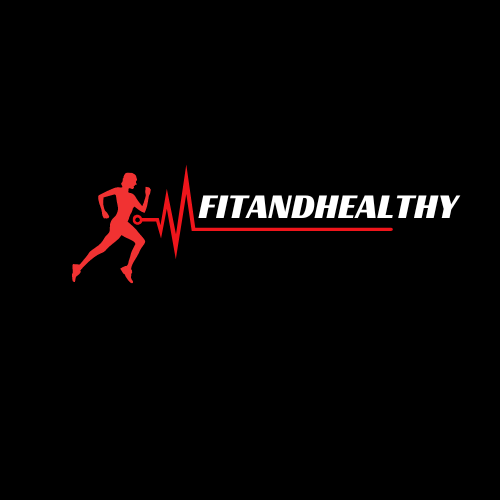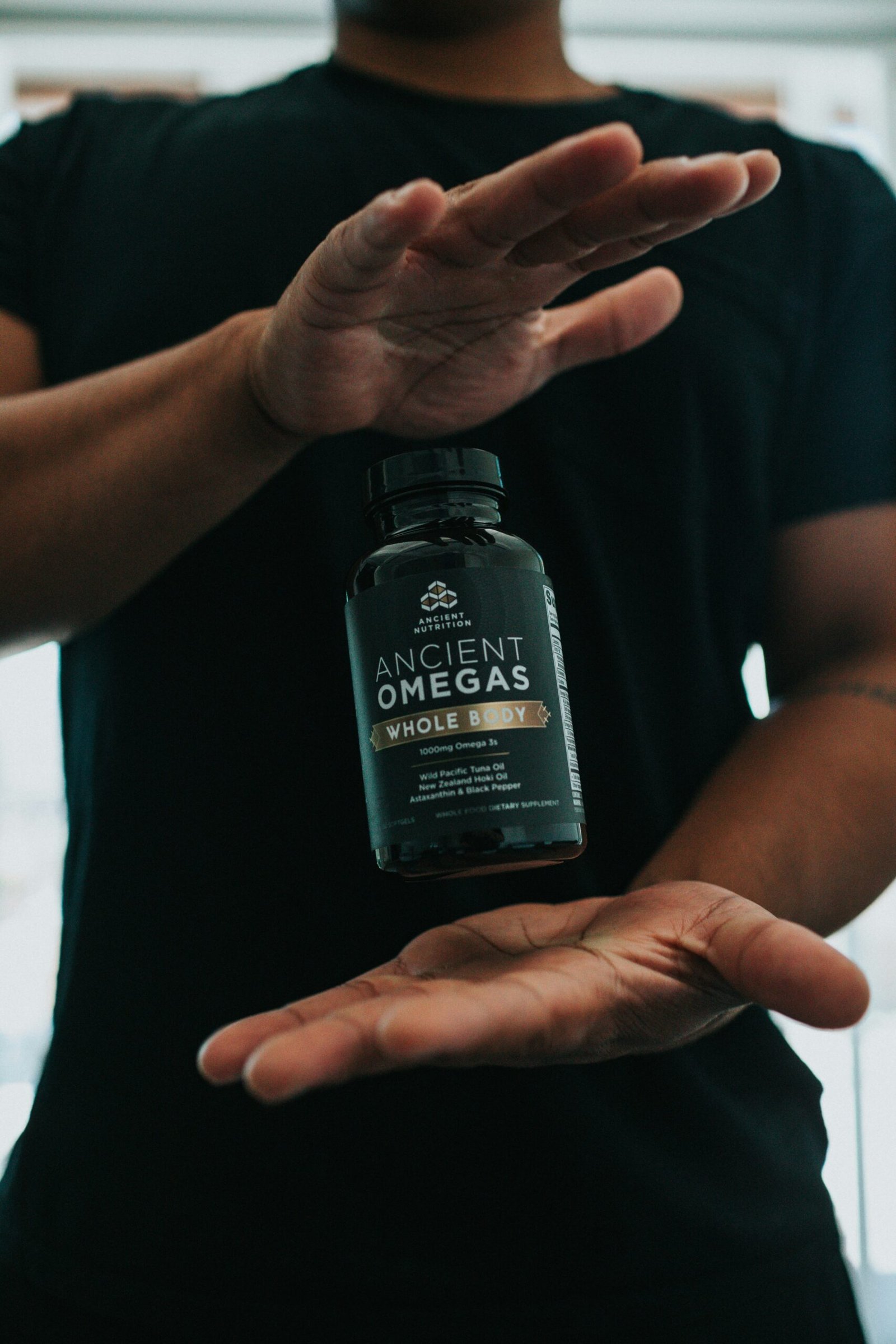The Benefits of Protein Powder: Fueling Your Body for Optimal Health
Understanding Protein Powder: Types and Composition
Protein powder has garnered significant attention for its ability to support various health goals, from muscle building to weight management. Essentially, protein powder is a concentrated source of protein derived from animal or plant sources, designed to supplement the dietary intake of this essential macronutrient. The primary types of protein powder include whey, casein, soy, pea, and hemp protein, each offering unique benefits depending on individual dietary needs and health objectives.
Whey protein is derived from milk and is widely recognized for its high biological value, meaning it contains all essential amino acids in proportions ideal for human health. It is rapidly digested and absorbed, making it particularly beneficial post-exercise for muscle repair and growth. Whey protein also supports immune function due to its immunoglobulin content.
Casein protein, another milk derivative, is slower to digest compared to whey. This slow release of amino acids makes casein an excellent choice for sustained muscle protein synthesis, especially helpful when taken before long periods without food, such as overnight.
Soy protein, derived from soybeans, is a high-quality plant-based protein option that contains all essential amino acids. Soy protein is particularly beneficial for those following vegetarian or vegan diets and has additional health benefits such as potentially lowering cholesterol levels.
Pea protein, sourced from yellow split peas, is hypoallergenic and an excellent alternative for individuals with dairy, soy, or gluten allergies. Despite being plant-based, pea protein is rich in branched-chain amino acids (BCAAs), important for muscle growth and recovery.
Hemp protein emerges from hemp seeds and is a whole-food source of protein, fiber, and essential fatty acids, including omega-3 and omega-6 fats. While it is not as protein-dense as some other powders, its comprehensive nutrient profile makes it ideal for overall health and wellness.
The composition of protein powders typically includes a blend of essential and non-essential amino acids, vital for numerous bodily functions, including muscle repair, enzyme production, and hormone regulation. Additionally, many protein supplements are fortified with vitamins and minerals that can further contribute to balanced nutrition and overall health.
Given their diverse origins and nutritional content, understanding the various types of protein powder can help individuals select the most suitable option to meet their specific dietary needs and health goals.
Muscle Growth and Repair: The Role of Protein Powder
Protein is a fundamental macronutrient that plays a crucial role in muscle growth and repair. During intense physical activities, such as weightlifting or resistance training, muscle fibers undergo stress and microscopic damage. The body’s natural response to this stress is muscle protein synthesis (MPS), a process that repairs and builds muscle fibers, making them stronger over time. Consuming protein, especially right after a workout, can significantly enhance MPS, ensuring efficient muscle recovery and better growth outcomes.
Protein powder provides a convenient and efficient way to meet the heightened protein requirements post-exercise. A multitude of studies confirms the benefits of post-workout protein consumption. For example, a study published in the Journal of the International Society of Sports Nutrition found that protein supplementation within a critical window after exercise accelerates muscle recovery and growth. The researchers concluded that timely intake of protein powder can lead to greater gains in muscle mass and strength.
For athletes and fitness enthusiasts, the convenience of protein powder cannot be overstated. Traditional protein sources like chicken, fish, or dairy can be cumbersome to prepare and consume immediately post-workout. Protein powders, however, are often easily transportable, quick to prepare, and can deliver a concentrated dose of high-quality protein. This immediacy caters well to the body’s urgent need for nutrients during the critical post-workout recovery phase.
Furthermore, expert opinions consistently underscore the importance of protein for muscle maintenance and hypertrophy. According to Dr. Stuart Phillips, a notable expert in muscle metabolism, the timing of protein intake is just as important as the quantity. His research highlights that individuals aiming for muscle hypertrophy should focus on consuming a protein-rich supplement like whey protein within 30 minutes post-exercise to optimize muscle repair mechanisms.
In summary, protein powder stands out as a highly effective and convenient means to bolster muscle growth and repair. Its integration into post-workout nutrition regimens ensures that muscles receive the necessary building blocks required for recovery and growth, helping athletes and fitness enthusiasts achieve their physical performance and health goals more efficiently.
Weight Management and Satiety: Protein Powder in Diet Plans
Protein powder has become a popular supplement in diet plans aimed at weight management and promoting satiety. A high-protein diet can play a crucial role in controlling appetite and reducing cravings, which are common challenges for those looking to lose or maintain weight. Protein is known for its ability to increase feelings of fullness, thereby decreasing overall calorie intake. This satiety effect aids in curbing the urge to snack on unhealthy options between meals.
Incorporating protein powder into meals and snacks is an effective strategy for enhancing a high-protein diet. A simple way to do this is by adding protein powder to a morning smoothie, which not only provides a protein boost but also includes essential vitamins and minerals from fruits or vegetables. Another practical tip is to mix protein powder into oatmeal or yogurt for a quick and nutritious breakfast. For those looking for a protein-enriched snack, adding protein powder to homemade energy bars or protein balls can be both satisfying and beneficial for weight management.
One of the significant advantages of including protein powder in a diet is its role in maintaining muscle mass during weight loss. When losing weight, there is often a risk of losing muscle alongside fat. Consuming adequate protein helps preserve lean muscle mass, which is vital for maintaining metabolic rate and overall strength. Protein powder, being a concentrated source of protein, ensures the body receives enough protein without having to consume large amounts of food, thus supporting muscle maintenance even during caloric restriction.
For individuals aiming to achieve their weight management goals, integrating protein powder into their diet offers a practical and effective approach. By promoting satiety, reducing cravings, and supporting muscle mass, protein powder serves as a valuable tool in creating a balanced and sustainable diet plan.
Health Benefits Beyond Muscle: Protein Powder for Overall Well-being
Protein powder is often synonymous with muscle growth and weight management; however, its advantages extend far beyond these commonly cited benefits. One of the remarkable benefits of protein powder is its support for immune function. Protein is integral to the production of antibodies, which are vital for the immune system to combat infections and illnesses. For individuals seeking to bolster their immune defense, incorporating protein powder into their diets can be particularly beneficial.
In addition to immune support, protein plays a crucial role in maintaining healthy skin, hair, and nails. These structures are composed primarily of a protein called keratin, and ensuring an adequate protein intake can help in their maintenance and growth. Protein powder can serve as a practical supplement for those looking to improve their skin elasticity, strengthen their hair, and maintain healthy nails.
Protein powder also offers a convenient source of essential nutrients that might be missing from regular diets. Many protein powders are fortified with vitamins and minerals, thereby providing a balanced nutrient profile. This can be advantageous for specific populations, such as vegetarians and vegans, who might struggle to achieve adequate protein intake from plant-based sources alone. Similarly, elderly individuals, who often face difficulties in maintaining muscle mass and nutrient absorption due to aging, can find protein powder to be a valuable dietary supplement.
Moreover, protein powder can be particularly beneficial for individuals with certain health conditions. For instance, those with sarcopenia, a condition characterized by loss of muscle mass and function, can benefit from the addition of protein powder to help preserve muscle integrity. Individuals suffering from malnutrition or those recovering from surgery or illness may also find protein powder a vital source of essential nutrients during recovery.
Ultimately, protein powder serves a multifaceted role in supporting overall well-being. It is not just for athletes or bodybuilders but can be a valuable addition to a diverse array of lifestyles and health objectives, making it a versatile supplement for many.


